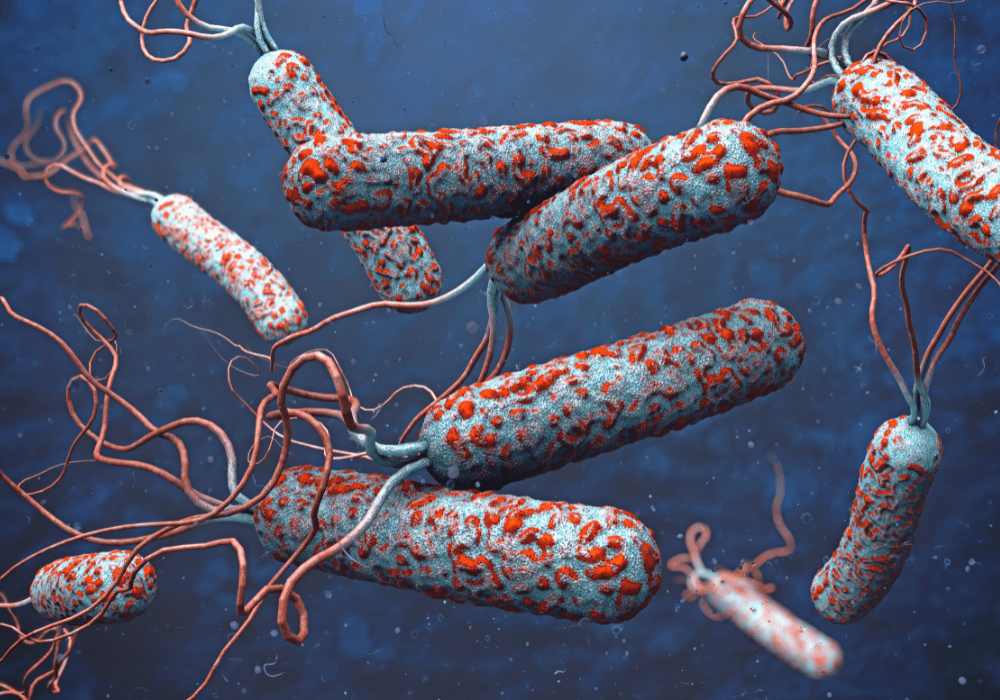
After more than three years with no confirmed cases of the disease, Haiti experienced a resurgence of cholera, making it the new epicenter of an outbreak. On February 6th, 2023, a nationwide alert was sent in response to the rapid increase in cases on La Gonâve, an island located within the bay of Port-au-Prince.
In order to support Haiti and its response efforts, PAHO/WHO worked with local authorities to coordinate an efficient and effective response. In addition, they aimed to strengthen patient care not only to combat the spread of the disease but also to assist those who have already been infected.
La Gonâve is a remote island. Its only access to supplies is through a limited ferry service from the nation’s capital. In collaboration with the Mer Logistique et Urgence Haiti (MERLUH) project, PAHO/WHO was able to expedite shipments of medical supplies and equipment to the remote island. “We were able to rapidly deploy more than 6 tonnes of equipment and medicines essential for the management and treatment of cholera cases on the island,” stated Jude Romain, Health Logistics Technician for the health emergency program at the PAHO/WHO office in Haiti.
The officials assessed two centers that have been treating individuals with the disease. Officials outlined ways that healthcare providers can improve their treatments, further limiting the spread. For the most part, this came in the form of improving water sanitation and hygiene standards (WASH).
A second mission was later organized to establish an additional Center for the Treatment of Acute Diarrhea (CTDA). This came in the form of tents with hygiene stations and health officials. Other improvements include the construction of waste pits and enhanced access to healthcare on the island. “Through the installation of this new CTDA, our aim is to provide rapid access to medical care. Rapid response when treating patients is of paramount importance, as it can significantly reduce the severity of symptoms, prevent complications, and save lives,” stated Dr. Paul Valery, an epidemiologist at the Département Sanitaire de L’Ouest.
Furthermore, PATH/WHO trained health officials on WASH (Water, Sanitation, and Hygiene), medical management, and patient care to enhance the island’s medical capacity. The new medical staff on the island are better equipped to combat the disease and gather data to prevent its spread elsewhere. The collaborative effort between PATH/WHO and local health officials further emphasizes the importance of collaboration during a health crisis.
By Justin Goldberg
